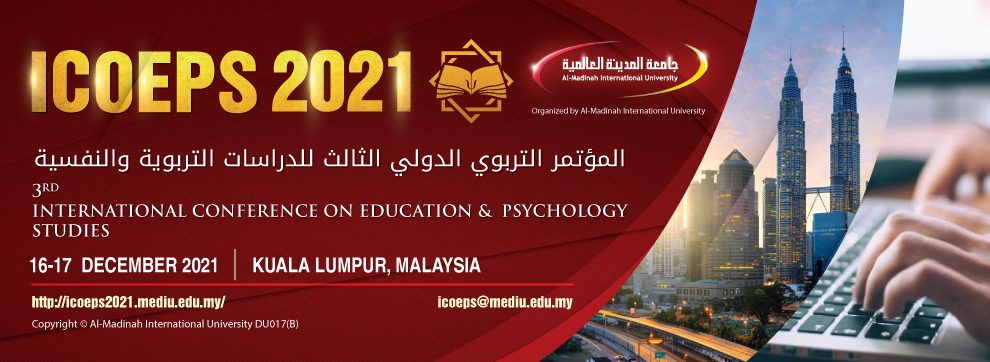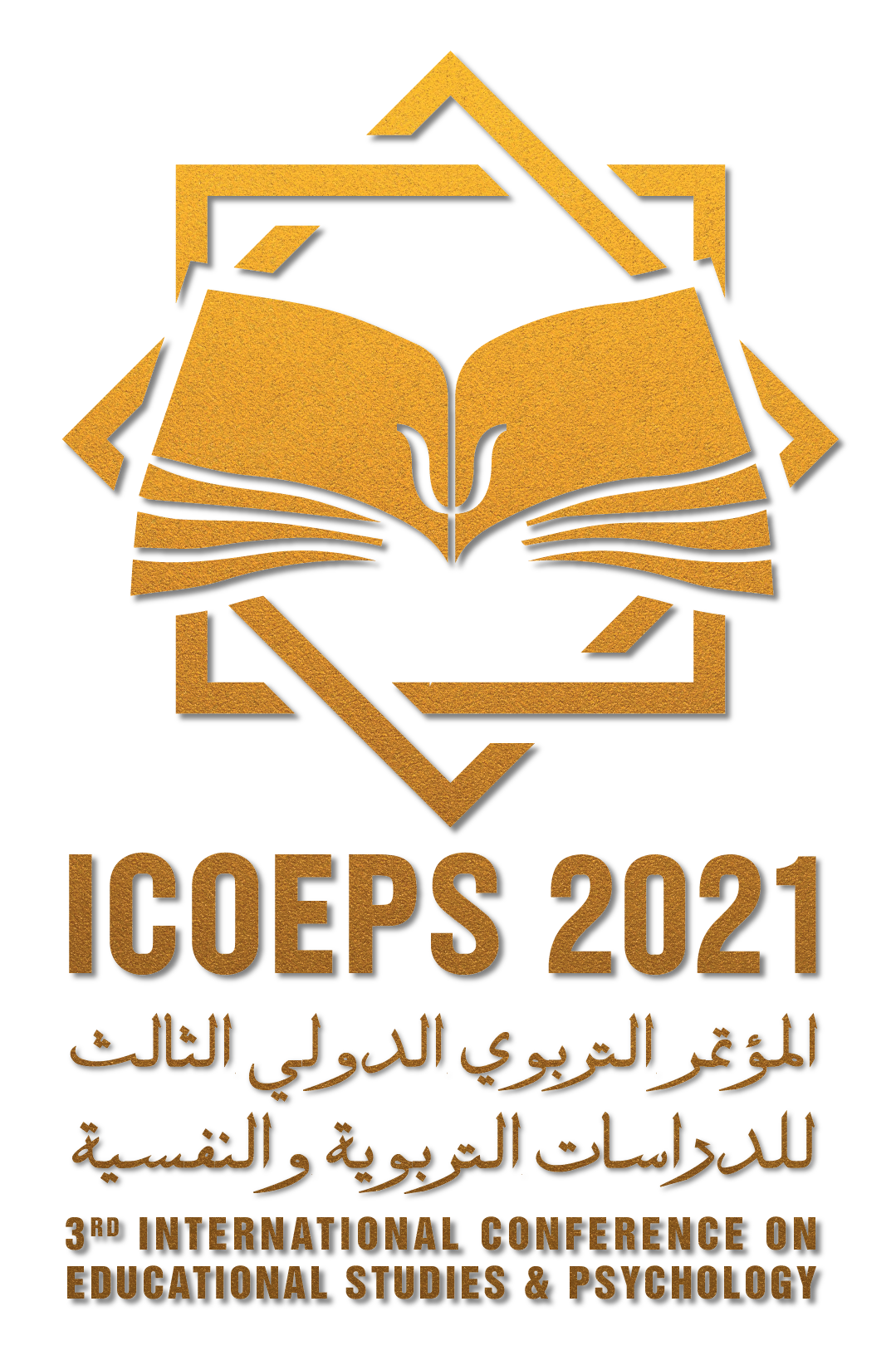Skip to content

- Foundations of Education and Educational Administration
-
- Educational Development from an Islamic perspective: challenges and Contemporary Developments.
- Islamic identity and its educational requirements in the Contemporary Developments.
- Recent trends in teacher preparation and professional development in light of the Contemporary Developments.
- Administrative creativity and excellence in teaching and supervisory performance.
- The sustainable development of educational and administrative leaderships in the age of digital revolution.
- Educational policies and the role of higher education in preparing the human being to face the Contemporary Developments.
- The technological revolution and its effect on changing values.
- Modern trends in contemporary educational management thought.
- Educational planning and development of learning outcomes.
- Distance education systems and standards between reality and expectations.
- Contemporary experiences in achieving comprehensive quality in education.
- Intellectual and cultural challenges facing the contemporary educational system.
- Curriculum and Instruction
-
- Digital education strategies and electronic course design.
- Teacher competencies in the age of information and technology.
- Contemporary global trends in building and developing curricula.
- Contemporary perspectives on modern teaching strategies and Pedagogies.
- Mechanisms for curriculum analysis and evaluation.
- Output Based Learning.
- Curricula and methods of teaching foreign languages as a second language.
- Entrepreneurship and educational curricula.
- Strategies for self-learning and individualization of education.
- Educational Technology
-
- The technological revolution and its educational prospects.
- Using technology to educate people with special needs.
- Digital Learning Technologies.
- Modern trends and strategies in e-learning.
- Challenges facing e-learning.
- Quality controls and standards in e-learning.
- The uses of artificial intelligence in preparing educational programs and software.
- Modern trends in preparing and designing educational aids and techniques.
- Professional electronic development for teachers in digital age.
- Educational psychology
-
- Artificial intelligence. (AI)
- Contemporary theories and intellectual trends in psychology and its educational applications.
- Measuring and evaluating the cognitive, skill and emotional learning outcomes.
- Recent trends in developing creativity and innovation and caring for the gifted.
- Contemporary visions in studies of people with special needs.
- Guidance and psychological services for the learner.
- Motivation, attitudes, inclinations and their effects on teaching and learning.
- Mental health and its relationship to educational fields.
- Modern educational evaluation and measurement.
- Theory of multiple intelligences and their educational applications.

